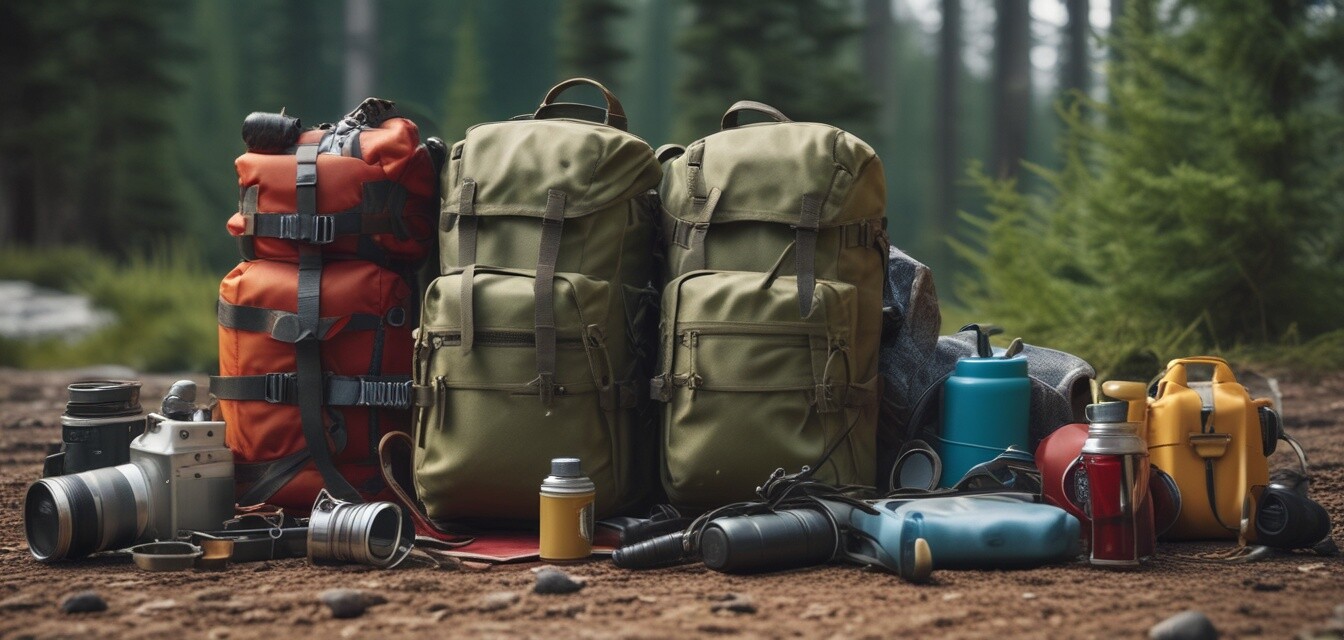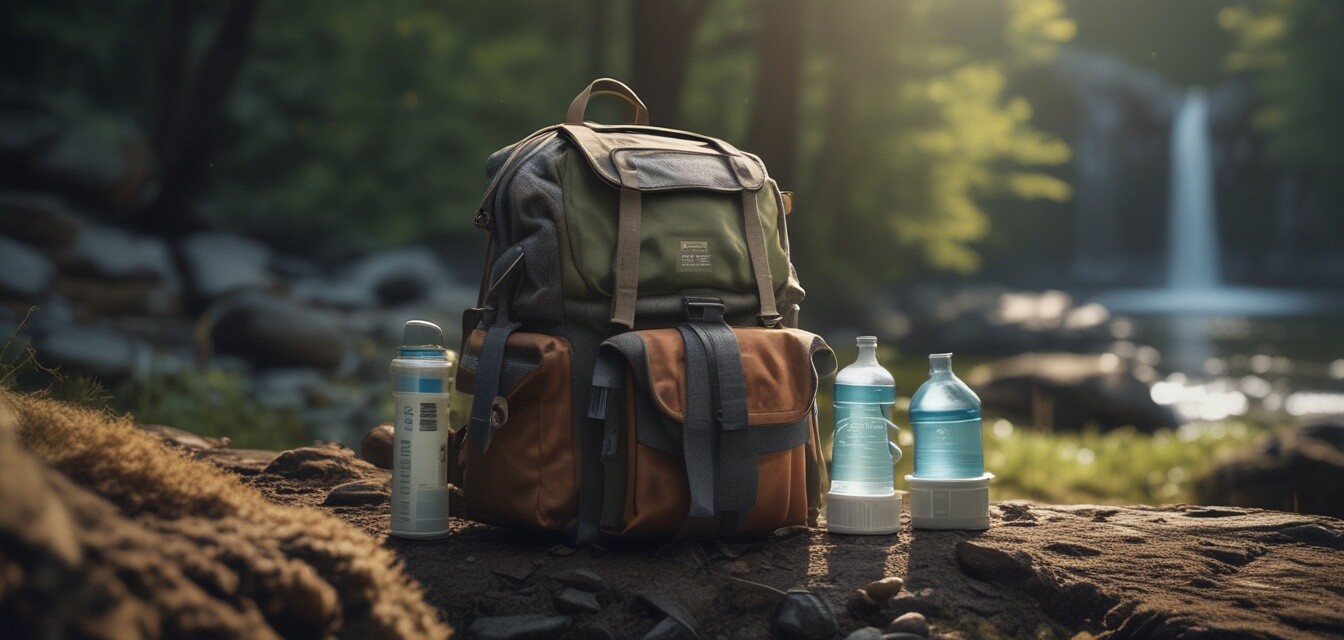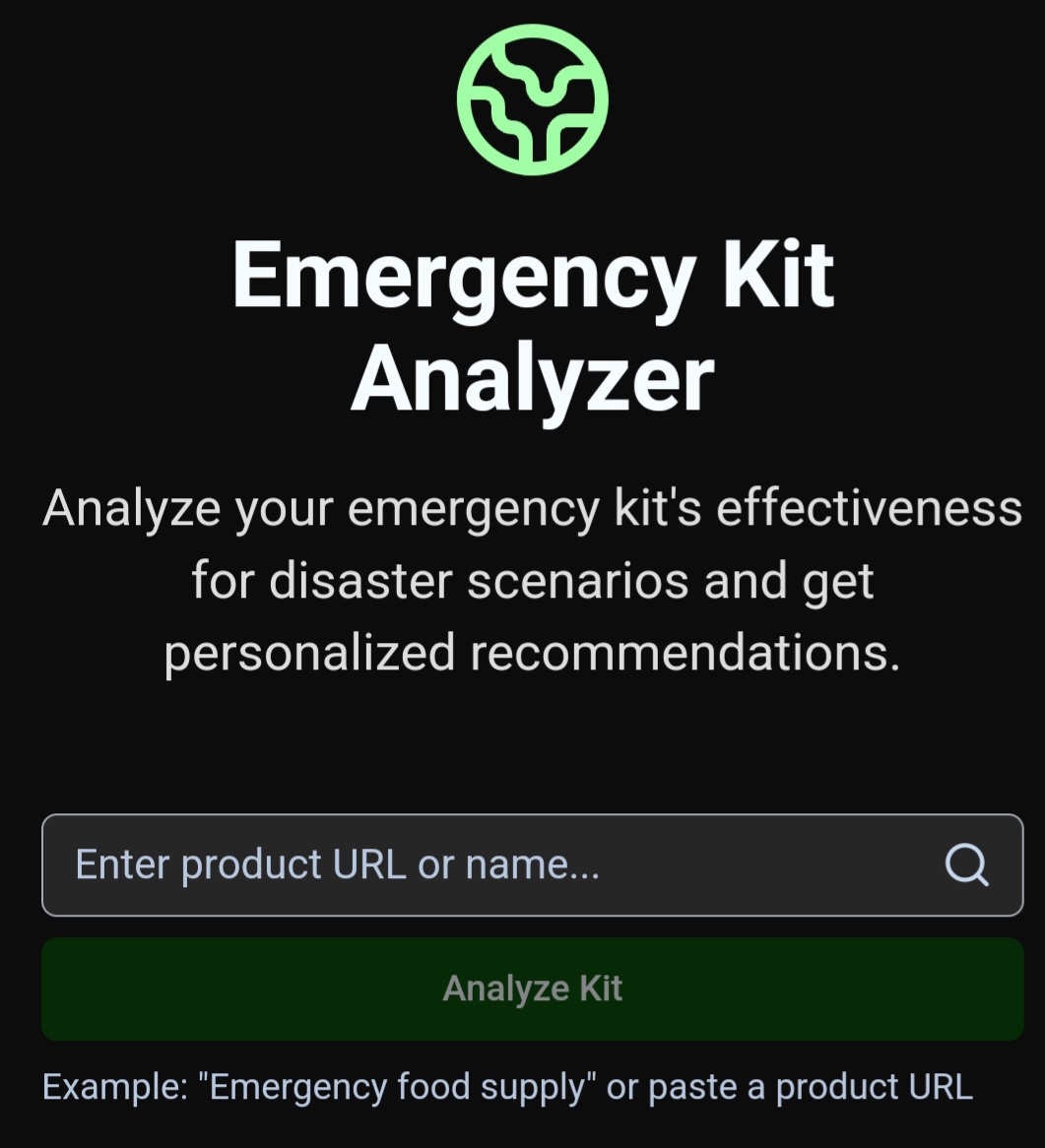
Psychological Resilience
Key Takeaways
- Understanding psychological resilience is crucial for coping with outdoor emergencies.
- Developing coping strategies can facilitate mental well-being in stressful situations.
- Staying connected with support networks enhances resilience.
- Self-care practices significantly contribute to maintaining mental health.
Maintaining mental health and resilience in outdoor emergencies is essential for survival and overall well-being. This article dives deep into understanding psychological resilience, the factors that contribute to it, and practical strategies to bolster mental health during challenging outdoor situations.
What is psychological resilience?
Psychological resilience refers to the ability to adapt to uncertainty, stress, and adversity. Individuals with high resilience tend to bounce back from difficult experiences more quickly than those with lower resilience. This quality can be particularly important in outdoor settings where the environment can become unpredictable.
Factors influencing psychological resilience
| Factor | Description |
|---|---|
| Social Support | Having a network that provides emotional and informational support boosts resilience. |
| Self-Efficacy | The conviction that you can effectively manage and cope with situations affects resilience. |
| Mindfulness | Practicing mindfulness helps in recognizing and managing stress effectively. |
| Planning | Effectively planning for outdoor activities can reduce the likelihood of encountering stressors. |
Strategies to improve psychological resilience
1. Develop coping strategies
In outdoor emergencies, having pre-planned coping strategies can significantly affect your mental state. Here are some effective coping techniques:
- Deep Breathing: A simple technique to manage anxiety and stress.
- Visualization: Imagine a peaceful scene to induce calm.
- Journaling: Writing down emotions can help you process your feelings.
2. Stay connected
Isolation during outdoor activities can lead to increased anxiety. Ensuring that you have reliable communication devices is imperative. Check out our section on communication devices for practical options.
3. Self-care practices
Maintaining your physical health directly impacts your mental resilience. Here are some self-care practices relevant for outdoor excursions:
- Regular Exercise: Engage in daily physical activity to boost your mood.
- Proper Nutrition: Fuel your body with nutritious meals for better mental clarity.
- Rest: Ensure adequate sleep to recharge your mental health.

Building resilience in emergency scenarios
Outdoor emergencies can arise unexpectedly, and it is crucial to be prepared. Developing resilience involves understanding the types of emergencies that may occur and creating an emergency plan. The following table outlines common outdoor emergencies and basic preventive steps:
| Emergency Type | Preventive Steps |
|---|---|
| Severe Weather | Check forecasts and have a plan for shelter. |
| Lost in the Wilderness | Carry a map and compass, and learn navigation techniques. |
| Injury | Have a well-stocked first aid kit; learn first aid basics. |
| Fire | Know fire safety basics and have fire starters available. |
Preparing an emergency plan
Creating a comprehensive emergency plan is vital. An effective plan should include:
- A list of emergency contacts.
- Details of your location and itinerary.
- A plan for gathering resources and supplies.
- Communication methods in case of emergencies.
Maintaining Emotional Balance
Emotional balance is crucial during emergencies. Engage in activities that nurture your mental health:
- Practice gratitude by acknowledging positive aspects in your life.
- Create a routine that brings stability in a chaotic environment.
- Engaging in hobbies to divert attention from stressors.

Tips for beginners
- Start with small, manageable outdoor tasks to build confidence.
- Educate yourself about local risks and how to address them.
- Seek advice and support from experienced outdoor enthusiasts.
Conclusion
In summary, psychological resilience plays a crucial role in navigating outdoor emergencies. By developing effective coping strategies, staying connected, and maintaining a focus on self-care, individuals can enhance their resilience and ensure a better response during crises. For more information on various emergency resources, explore our categories on fire starters, emergency food supplies, and first aid kits.
Pros
- Improved mental health and well-being.
- Better coping mechanisms for stress.
- Increased confidence in outdoor activities.
Cons
- Requires continuous self-assessment and practice.
- Building resilience takes time and patience.








